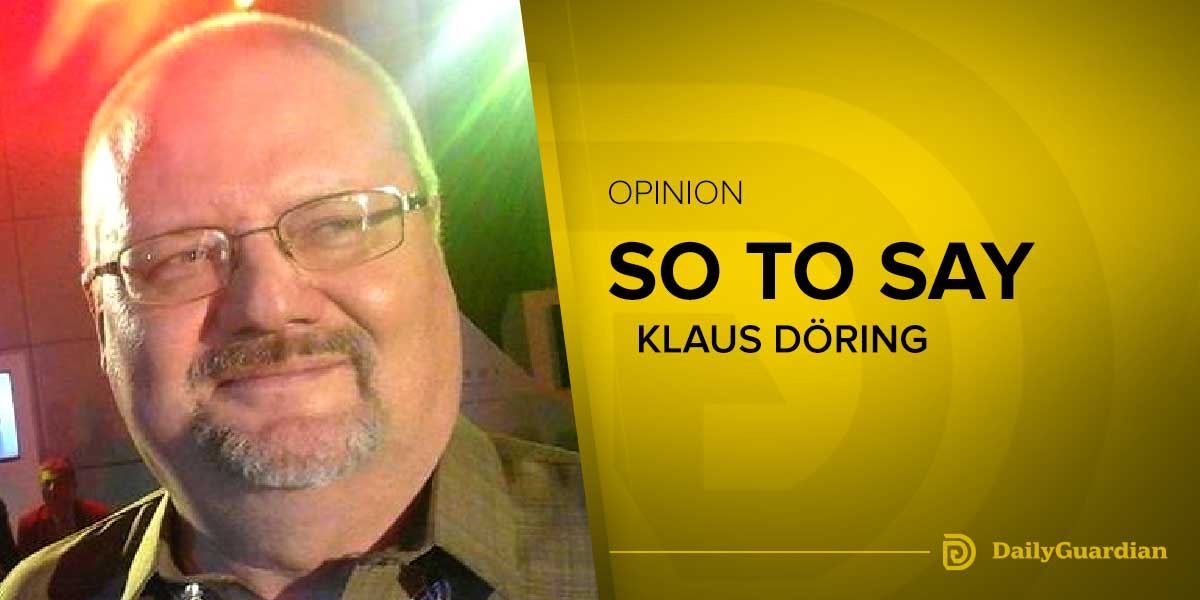By Jose B. Maroma, Jr.
I like to categorize the members of the Cabinet into two groups – those who refer to the President as “ang mahal nating pangulo” (our beloved president) and those who don’t.
Speaking of the first group, I have nothing against respect and reverence for authority, which is part of culture and good taste, but I think the phrase should be used sparingly to retain its special meaning of deference and courtesy.
Thrown wantonly and habitually into the jargon of ordinary conversations, this expression of endearment sounds like an ego-massage and a worn-out idiom designed to please a superior and benefactor. Smart politicians do know which side of their bread is buttered.
The second group, restrained in language, is no less respectful but is sensitive to
the feelings of others who may not like their object of adulation. To them I take off my hat for observing prudence and self-respect. We realize that politics demands personal loyalties to the wielders of power but we don’t have to act like postulants in order to repay favors.
Both types of followers, however, share a trick perfected by Harry the Contortionist. When cornered with a difficult question, he will escape with an interview-ending statement, a convoluted play with words which tell us, “at the end of the day, the President decides.”
I don’t know if you’re familiar with current street slang but, if one is a kibitzer in a barbershop chess game, he may hear a winning player gloat, “in the end, China will win.”
The author is a retired civil engineer from Cabatuan, Iloilo. He likes to spend his time reading and writing about the burning issues of the day.





















